Jaguar Land Rover (JLR) has developed a portable charging device powered by batteries recovered from the Jaguar I-Pace.
Developed in partnership with electric equipment manufacturer Pramac, the Off Grid Battery Energy Storage System (ESS) is claimed to be 85% constructed using electrical hardware from the I-Pace, including components like modules and wiring. The remaining materials are then recycled back into the supply chain.

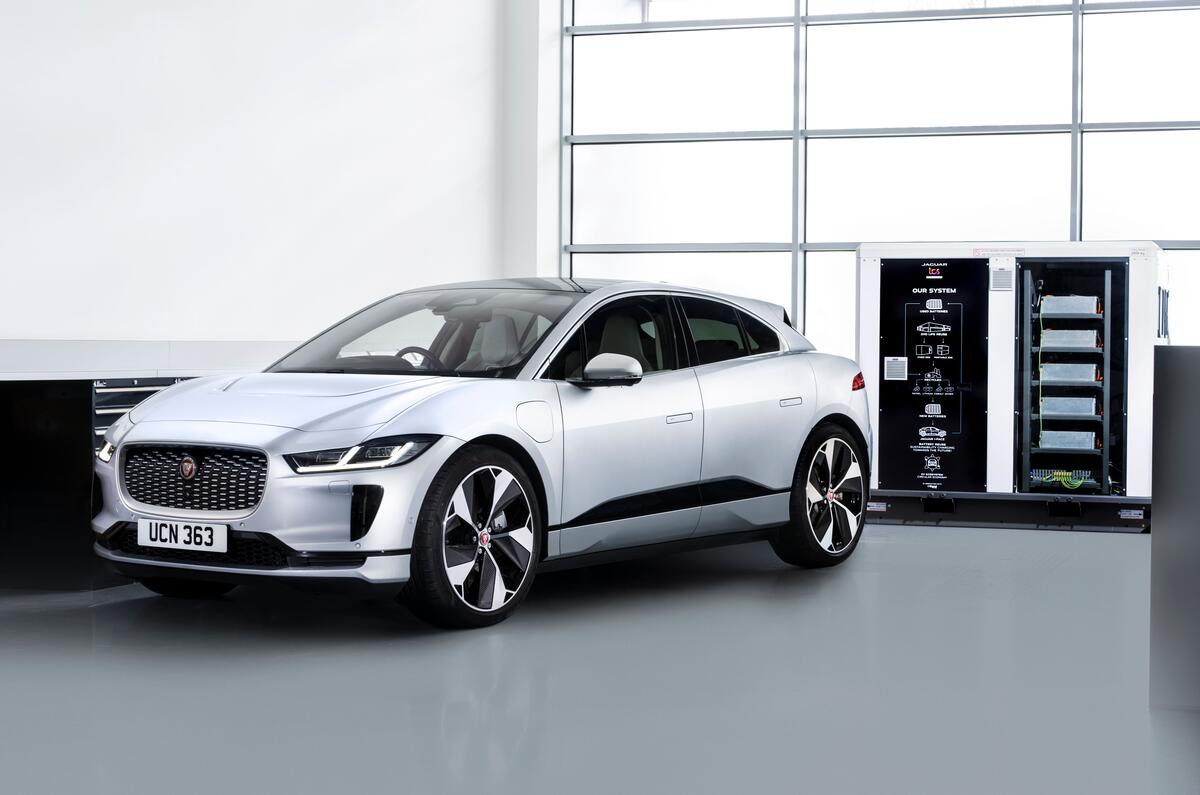
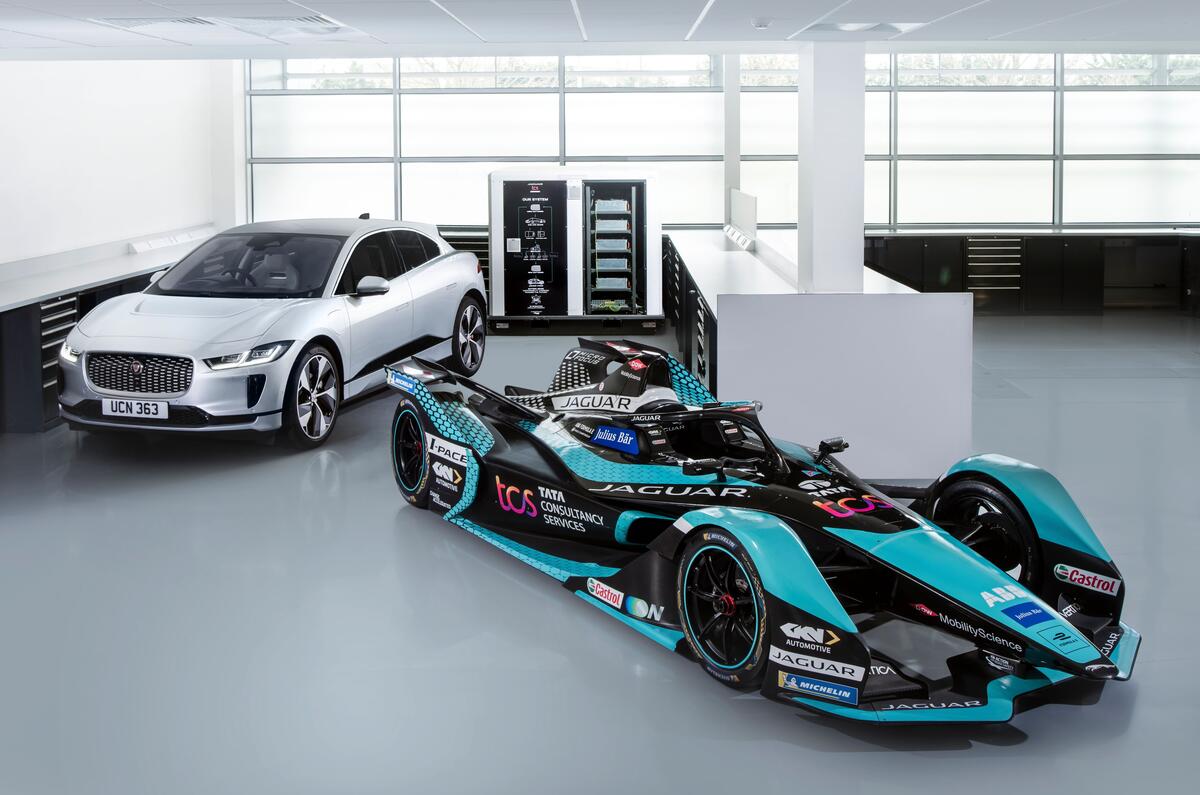
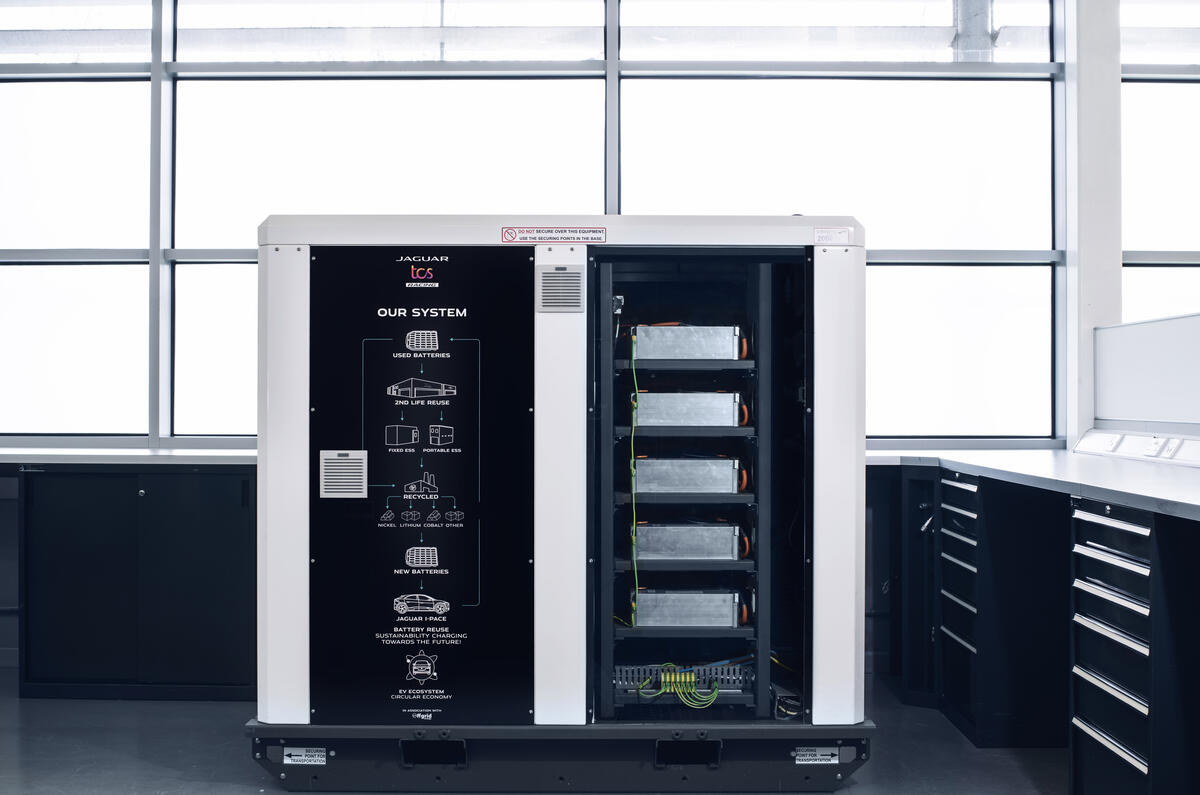
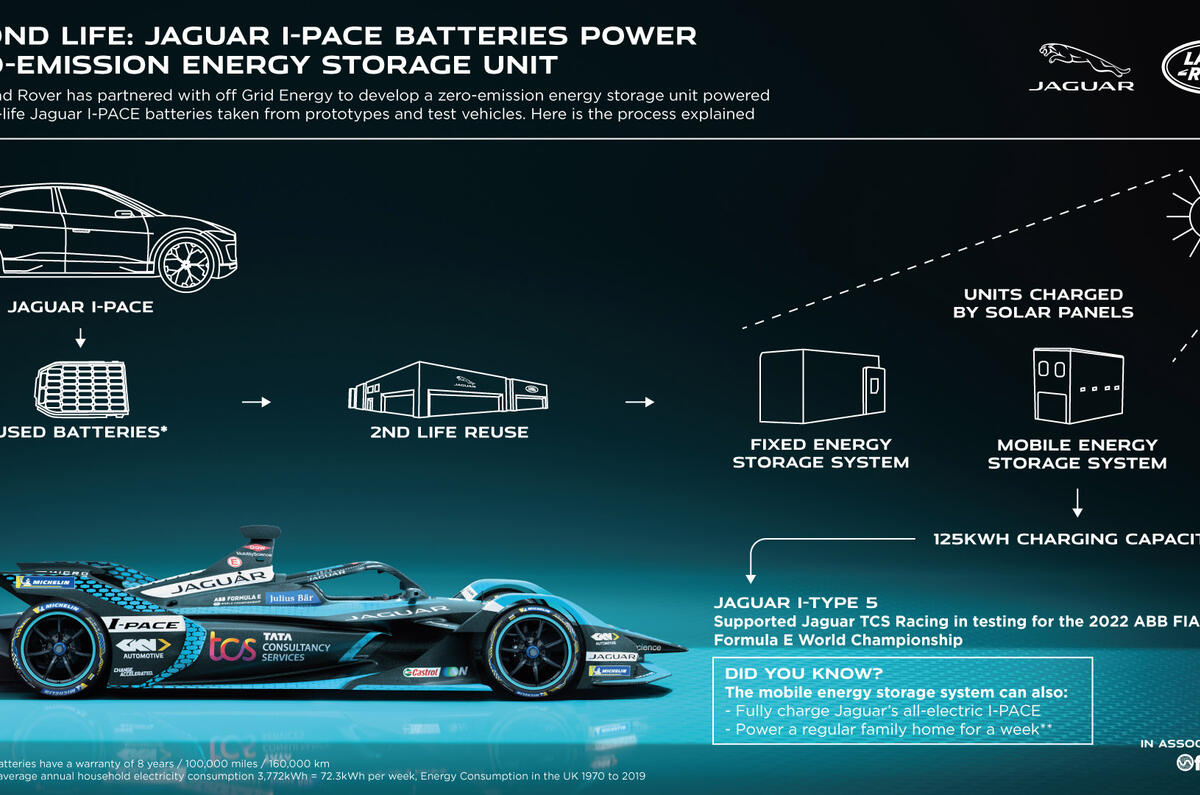
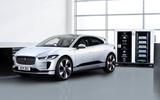
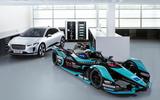
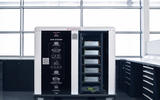
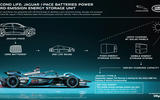


Add your comment